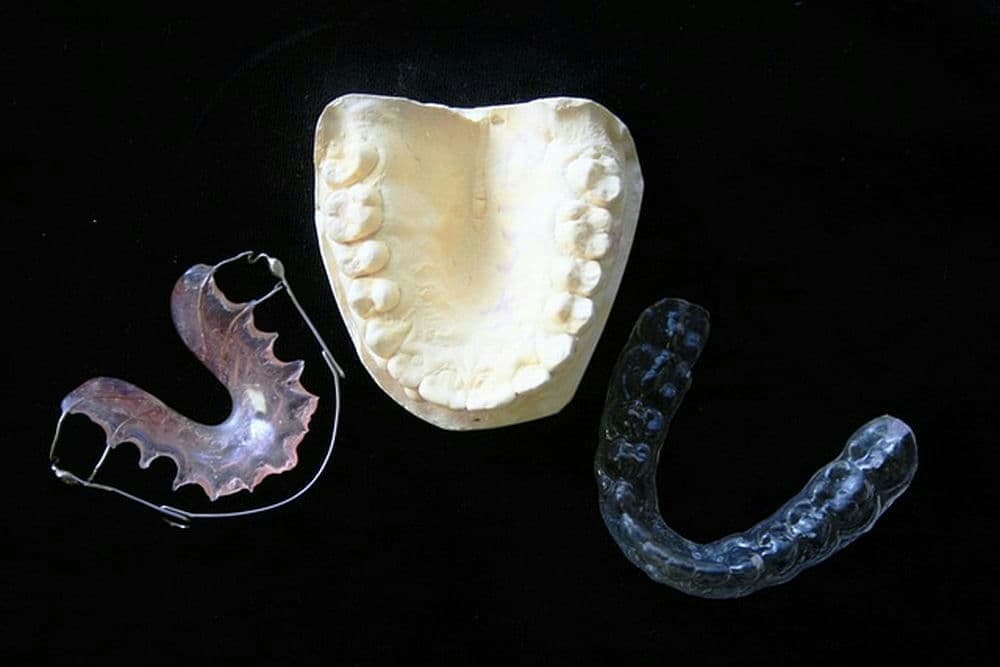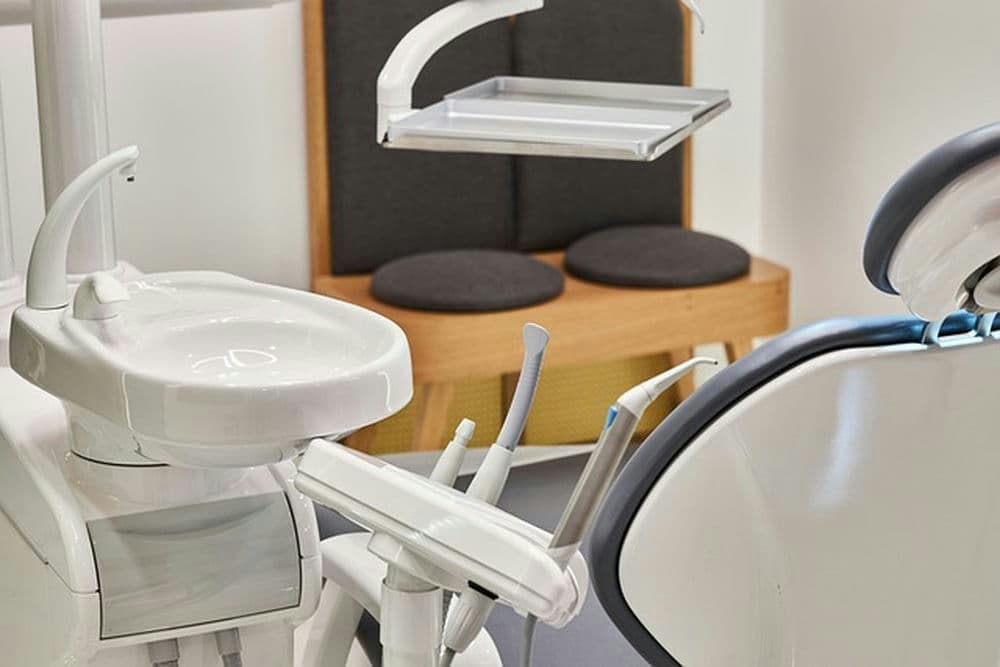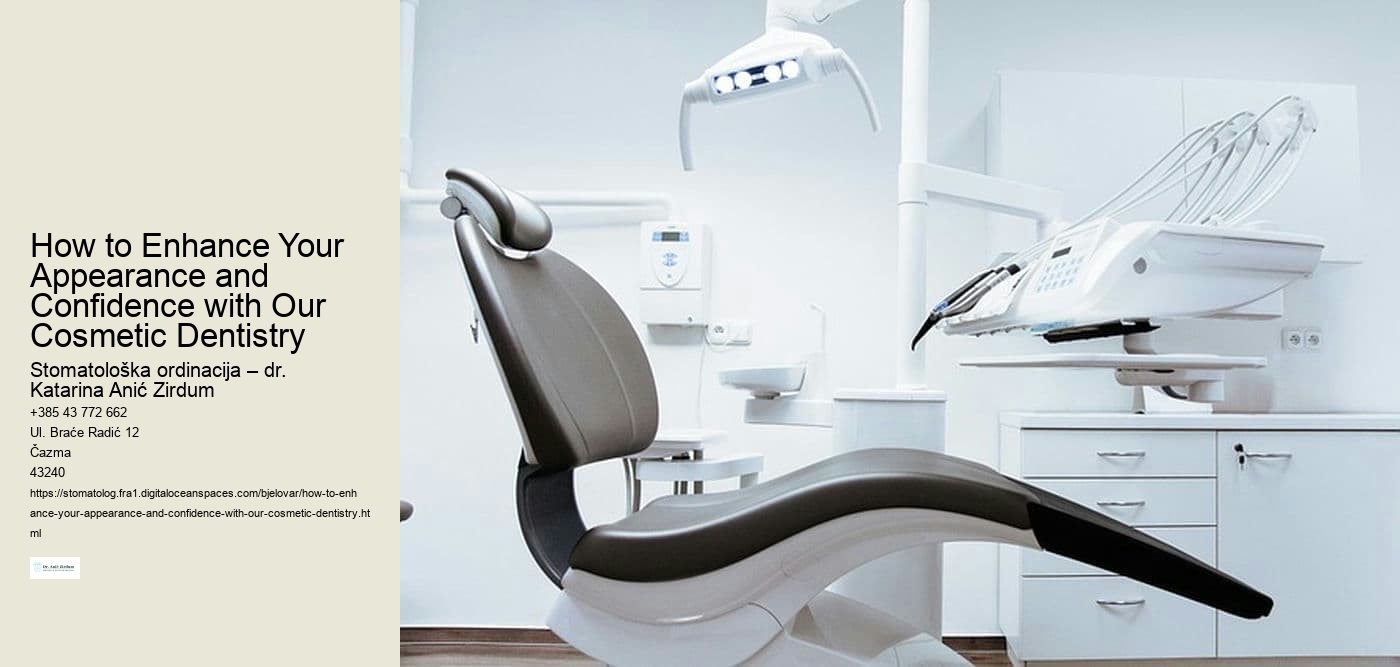
low cost dental implants
Implants keep away from bone loss.
Have sure health conditions, corresponding to bone disorders or autoimmune diseases. Every person is various with a completely unique health historical past. To find out for sure if you qualify for dental implants, seek advice from your dentist. How long does it take to recover from dental implant surgical procedure?Dental implant recovery times can vary, but most of the people can resume normal activities in about three days. Even so, it can still take a few months on your jawbone to fuse across the implant. This method is osseointegration, and it’s crucial for the long run luck and stability of your dental implant. Following your dental implant placement, your general practitioner will periodically check in your development. Once the dental implant has fused together with your jaw, it’s safe to add the recovery on top. Placing a dental restoration too soon can result in implant failure. How long do dental implants last?Currently, dental implants are the longest-lasting teeth replacement option accessible. With proper care and maintenance, they may be able to last a life-time.
full mouth dental implants cost usa
Every sufferers need is alternative and so cure length will depend on the type of implant you are having, the health of your mouth, gums and bones.
Why chose dentistdentist is dedicated to providing you the good treatment feasible in a safe, cutting-edge follow. By using the newest digital work flow generation mydentist reduces the need for messy impressions. We will often use electronic scans to make a digital model of your mouth and then, using 3D printers, we create a surgical guide, which in turn means more accurate placement of the implants. In order to ensure a long-term balance of your teeth or dental implant, it’s required a sufficient amount of bone. Bone plays an important role also for ensuring the esthetic appearance of your teeth and gums. Bone loss may occur from trauma or irritation of the gum and bone due to:Bacteria found in dental plaque, that if not removed, causes irritation. This can damage your gums and also the bone surrounding your teeth (periodontitis). After tooth extraction over time, the height and thickness of the bone decreases due to the natural process and absence of mechanical loading. To aid a dental implant if the latest volume of the surroundings bone is not adequate to ensure a long run balance;To preserve the present teeth that experience lost their bone help due to periodontal diseases;To regenerate a bone defect after a disturbing event;To relevant usual bone defects to achieve extra height for implant placement;To promote bone, grow and soft tissue improvements after tooth extraction. Increased failure rates can be anticipated in sufferers showing risk factors such as systemic disease-causing wound healing complications, heavy smoking, greater periodontal susceptibility, poor bone density and extreme atrophy and Vitamin D deficiency or high LDL or low HDL cholesterol level. Please consult your dentist also regarding any medicine you're presently taking.


full dental implants cost near me
But sometimes, a general practitioner can place a dental implant and healing (like a crown or bridge) all in one visit.
Some medical conditions change the advice and guidance that we wish to come up with. SmokingWe strongly recommend that you simply try to give up smoking and remain a non-smoker in the future. This lowers your risk of some problems with dental implants. For help to give up smoking, please speak to your nurse or call our give up smoking carrier on 020 7188 0995. Benefits of dental implantsYou have dental implants when your dentist doesn't want to put crowns (caps) on healthy teeth. Implants also are useful if dentures or bridges can be difficult or not possible as a result of there are no appropriate teeth or gums to help them. Risks of dental implantsThere is a small risk that the dental implants would possibly not join correctly with the bone for your jaw. We then cannot use them. This risk is higher for some people, including people that smoke. Using advanced materials for implants. The dental team tells you if they think that the chance is higher than normal for you. Parts of your implant can loosen or wear out with time.
cost of full mouth dental implants near me
Dentures may click while eating.
With implants or implant-supported dentures, there’s no disturbing clicking sound. Dentures don’t supply the stimulation needed to evade bone loss. The jawbone needs to have the stimulation of high-pressure chewing to maintain its volume. Implants ensure no jaw bone is lost. Progressive bone loss because of dressed in dentures may cause facial cave in. Over the years bone loss may cause the cave in of the lower third of your face, creating excessive wrinkles, sagging skin and jowls, thinning lips and a sunken-in look. This can considerably age a man’s appearance. Implants steer clear of bone loss. Dental Implants vs. Dental bridgesA Dental Implant is a more economical and herbal replacement than a Dental BridgeThe Benefits of Dental ImplantsA bridge calls for the alteration of adjacent teeth to help the bridge. A bridge contains a false tooth (or teeth) supported by adjacent teeth that have been capped.
